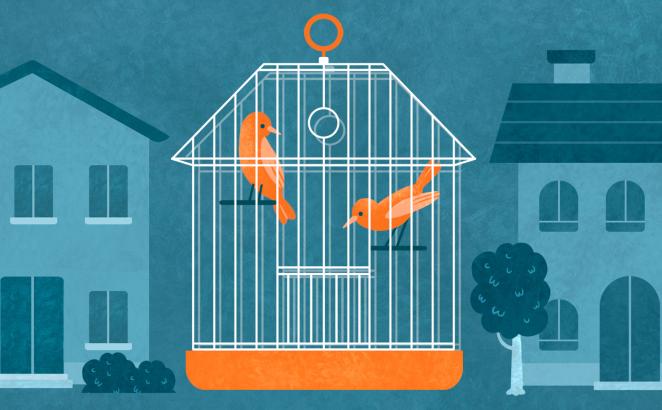Can a couple get married in the eyes of the church but not in the eyes of the state if they have financial or family concerns about a legal marriage?
Big Questions
Our panel of contributors replies to questions from readers on topics like these: ethics, relationships, missional living, faith formation, vocation/calling, digital life, church/Bible/doctrine, and stewardship. Got a question you’d like answered?
- READ MORE
- READ MORE
If a loved one invites me to their same-sex wedding, can I show love by attending the wedding or would attending communicate that I agree with same-sex marriage?
- READ MORE
What might be signs of the kingdom of God at work?
- READ MORE
Our family has gotten into the habit of streaming worship rather than attending in person. As adults, we meet regularly with our small group, but what is the downside for our kids?
- READ MORE
My mom is refusing to follow through with the medical treatment the doctor is recommending. She knows this will likely shorten her life, yet she remains stubborn. How can I get her to see her life’s value to us and especially to her grandkids?
- READ MORE
I know big technology companies keep track of our every move online, but what about privacy among family members and friends online?
- READ MORE
No one can simply write a letter to synod unless they have standing to do so and have followed the prescribed procedures for submitting material for synod’s agenda.
- READ MORE
Assuming God did predestine only a select few to be saved, why would he bother creating people he did not elect for salvation?
- READ MORE
I have loved animals my whole life, so working in an animal hospital seemed like an obvious choice for a career.
- READ MORE
Could joining God’s mission begin with recognizing God already at work?
- READ MORE
In Matthew 5, Jesus tells us to turn the other cheek and to love our enemies. So why does the CRC allow its members to go to war?
- READ MORE
My kids want to go to a youth group at another church with their friends. We don’t have time to be involved at this church and wonder if it is appropriate to hand our kids to another group.
- READ MORE
Should I reconsider retirement plans if I am concerned about having too much “together time” with my husband? I love him but am worried we’ll get on each other’s nerves.
- READ MORE
It might be helpful to think about our media consumption like our food consumption: try for a well-balanced diet.
- READ MORE
There can be much good in saying yes to something, but there’s also good in saying no.
- READ MORE
How will our people learn Reformed doctrine in church now that synod has removed the requirement for catechism sermons?
- READ MORE
I’m hearing suggestions that the Bible is not a rule book, but Christian confessions declare it “the only rule for life and faith” (Westminster Confession) and “infallible rule” (Belgic Confession, Art. 7). Which is right?
- READ MORE
This question usually arises when we consider using undesirable actions or approaches to work toward noble or legitimate ends.
- READ MORE
Who’s responsible for my faith growth?
- READ MORE
How can I tell if I am emotionally healthy?
- READ MORE
If God is at work in our neighborhoods, perhaps we should be too.
- READ MORE
As churches reopen after the pandemic, it’s been encouraging that some of the technological steps taken to make worship or meetings more accessible are planned to continue.
- READ MORE
What do confessing members and officebearers who have previously signed the Covenant for Officebearers do when the Christian Reformed Church changes its confessions, and they no longer agree with the beliefs in the confessions?
- READ MORE
When you love God and want to follow God faithfully, you are likely to ask if God might be calling you to be a pastor, missionary, or teacher.



